
Virgin Media O2 launches summer online safety campaign
Virgin Media O2 and Internet Matters spotlight the importance of having conversations about online safety and starting them early
Putting purpose at the heart of your brand

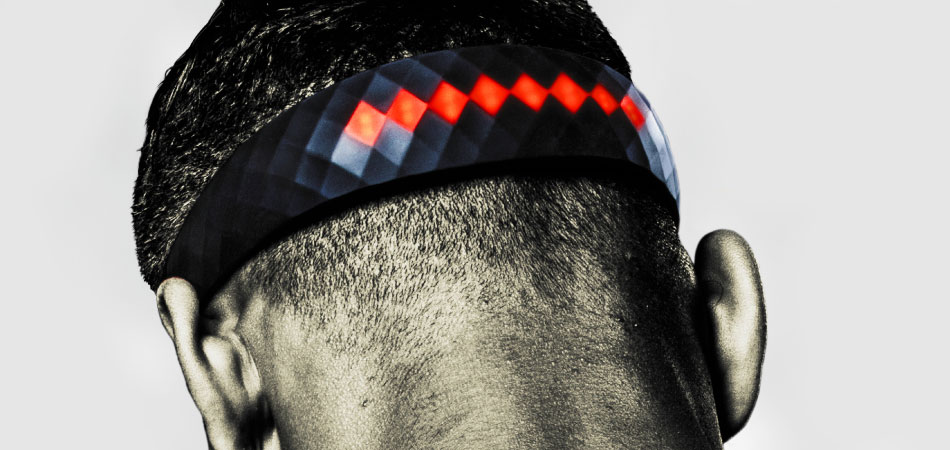
Each year at Cannes we see more brands putting wider social, cultural and environmental issues at the heart of their business. Last year Always empowered young women with ‘Like a Girl’, Optus used their telecoms technology to invent a ‘Clever Buoy’, and Vodafone created Red Light, a domestic violence lifeline that utilises their communication network.
This year charities and FMCG brands in India tackled some taboo subjects. NGO Make Love Not Scars launched a hard hitting social campaign to highlight the rise of acid attacks on girls. Ariel’s ‘Share the Load’ challenged gender roles and inequality in the home, and Unilever’s 6 Pack Band championed the equal rights of transgender people living in the country.
‘Our top five brands are sustainable living brands,’ said Keith Weed, Chief Marketing and Communications Officer for Unilever. ‘These are brands with purpose, brands with real meaning. People are engaging with them and engaging at scale. This is the sort of impact that consumers want to see.’
When we look back over the festival the strongest campaigns come from those brands who have a clear purpose. This is not always social or environmental; Under Armour exists ‘to make all athletes better through passion, design, and the relentless pursuit of innovation’. ‘The purpose of brands is to have a point of view... the most important thing is how you articulate it,’ said Kevin Plank, CEO of Under Armour.
As brand guardians we have a responsibility to use our voice in a way that has a positive impact on customers and the wider global society. In a world where governments increasingly lack the trust of the people, brands need to step up, unite us and bring about positive change.
Read on for examples…
In the face of depleting beer sales DB Export in New Zealand came up with a solution that not only encouraged more people to drink beer, but gave them the opportunity the save the world while
doing so.
Brewtroleum is a biofuel made from the yeast and grain that’s left over after brewing beer. DB Breweries created 300,000 litres of this new fuel, which emits 8% less carbon than traditional petroleum. That’s half a million tonnes of carbon being saved from entering the environment
Sold in 62 filling stations across New Zealand, Brewtroleum became a talking point all over the country, with news eventually spreading to the rest of the world.
DB Beer became New Zealand’s fastest growing beer brand, winning New Zealand’s most prestigious sustainability award along the way.
Next year Heineken plan to roll this out on a global scale, with 50 of the biggest breweries from around the world having already expressed an interest to take part.
Agency: Colenso BBDO, Auckland
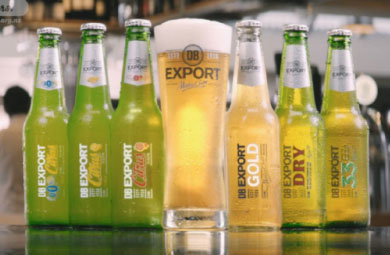
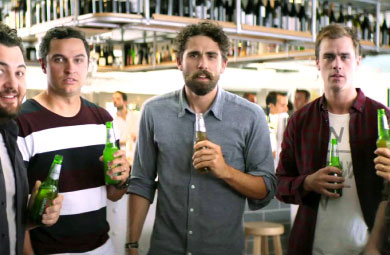
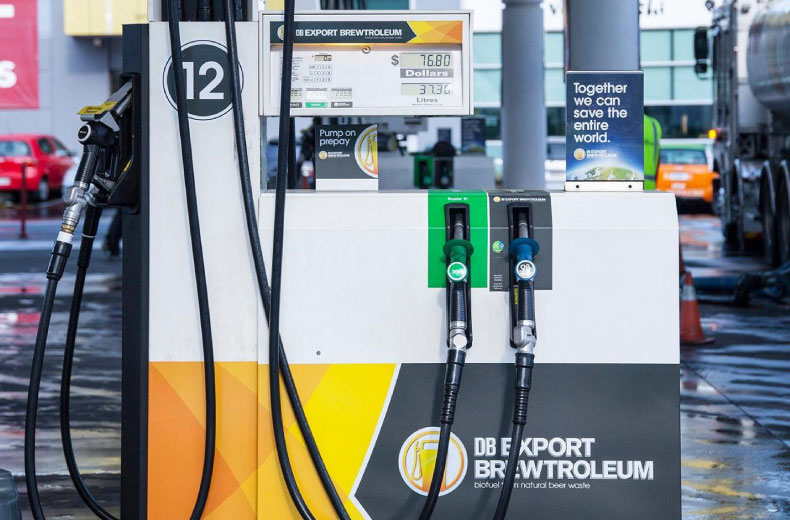
Deutsche Telekom believes in the power of sharing. Dementia destroys your memories, so they can no longer be shared with the ones you love. Sea Hero Quest is a multi-level adventure game designed specifically to help advance the understanding of spatial navigation, one of the first symptoms of dementia. As players make their way through mazes of islands and icebergs, every second of gameplay can be translated into scientific data by experts. All data collected from the game is being made freely available to scientists worldwide.
Agency: Saatchi & Saatchi , London
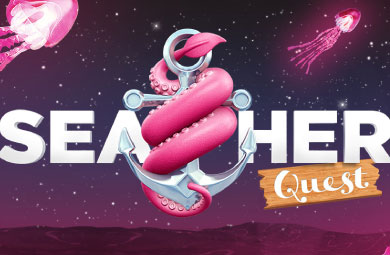
To promote organic food, Swedish supermarket Coop decided to focus less on what’s happening in the environment, and more on what’s happening inside the body. To do this they filmed a scientific experiment with a family that saw all of their non-organic food products replaced with organic equivalents. The film was viewed 35 million times and generated a global conversation about the effects of pesticides on the body.
Agency: Forsman & Bodenfors, Stockholm
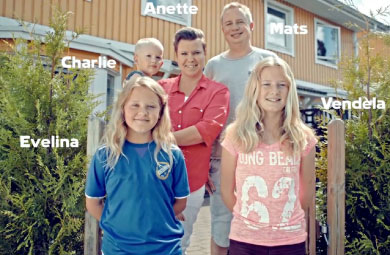
Samsung Electronics featured prominently this year in the innovation meets social purpose space. They won a total of 29 awards, including Marketer of the Year. As official sponsor of the Olympic Games they developed Blind Cap, the first swimming cap with built-in vibration technology designed to help blind swimmers to know when to turn at each end of the pool. A second award-winning innovation, brainBAND, is a wearable solution for the prevention and monitoring of concussions during high impact sports.
Agency: Cheil, Madrid and Leo Burnett, Sydney
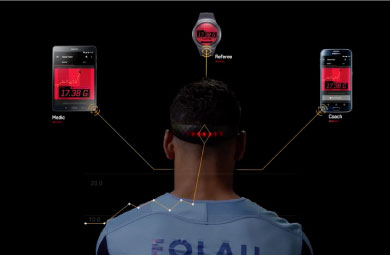
Looks like you need to create a Creativebrief account to perform this action.
Create account Sign inLooks like you need to create a Creativebrief account to perform this action.
Create account Sign in